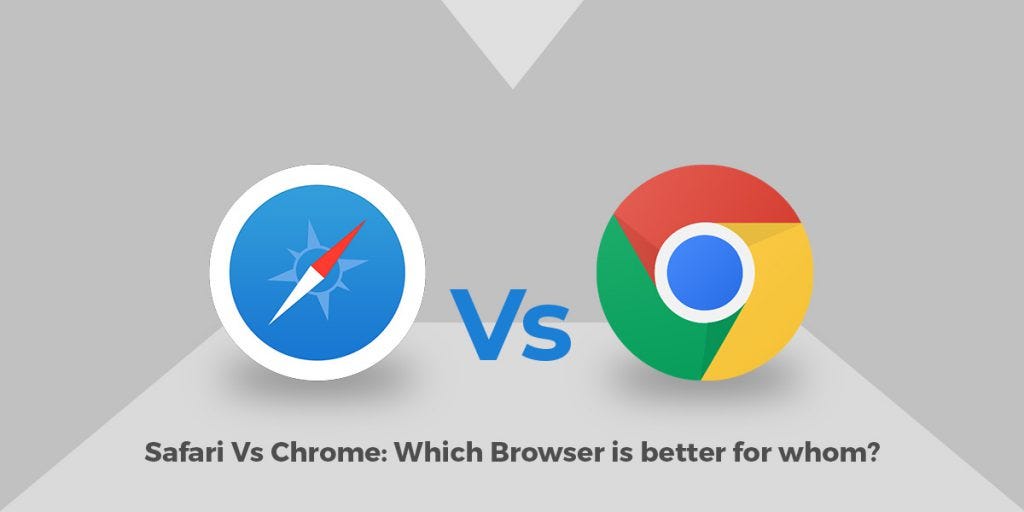
If you use a third-party password manager, you can have your passwords in any browser. Let’s say you use Google Chrome on your PC or Mac and Safari on your iPhone. Built-in browser password managers are limited to that specific browser. Third-party password managers are cross-platform and cross-browser. They are catching up, but they’re not as good yet. Built-in password managers in web browsers aren’t as powerful and useful as third-party password managers. The account it’s synced with-like your Google account in Chrome or your Apple ID in Safari-can be protected with two-step authentication to prevent people from signing in.īut there are some problems. This keeps your accounts secure, as you won’t need to re-use passwords. You can use strong, hard-to-remember passwords because your software is automatically remembering them for you. They can be stored encrypted in the cloud. With no additional software, your web browser can remember all your passwords and securely sync them between your devices. Your web browser’s password manager is better than nothing.

RELATED: Why You Should Use a Password Manager, and How to Get Started Your Web Browser’s Password Manager Is Just Okay

Still, we recommend skipping the password manager built into your web browser-whether that’s Chrome, Firefox, Safari, or Edge-and using a dedicated password manager. Web browsers have been able to remember your passwords for many years, but their password managers are now getting more sophisticated. The open-source KeePass is okay, too, but it doesn’t have built-in sync features. Your password manager can randomly generate strong passwords, remember them for you, and log you into websites with them.ġPassword, LastPass, Bitwarden, and Dashlane are all reliable, stand-alone password managers. You remember your password manager’s master password, which unlocks your secure vault.

But who can remember hundreds or even dozens of strong passwords? A password manager can remember if for you. The solution is using strong, unique passwords everywhere. This simple trick is how accounts are often “hacked” these days. Attackers will try to use that email and password to log into other sites. If you use the same passwords over and over, a breach at one website means your email and password is out there. The biggest risk to your accounts online is password re-use.


 0 kommentar(er)
0 kommentar(er)
